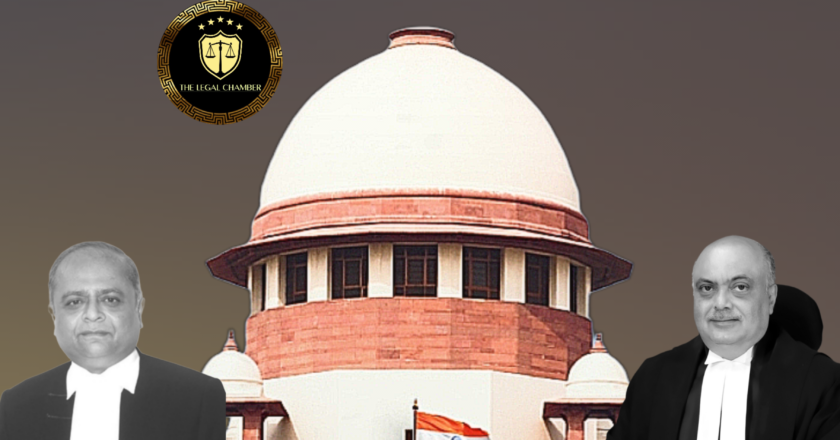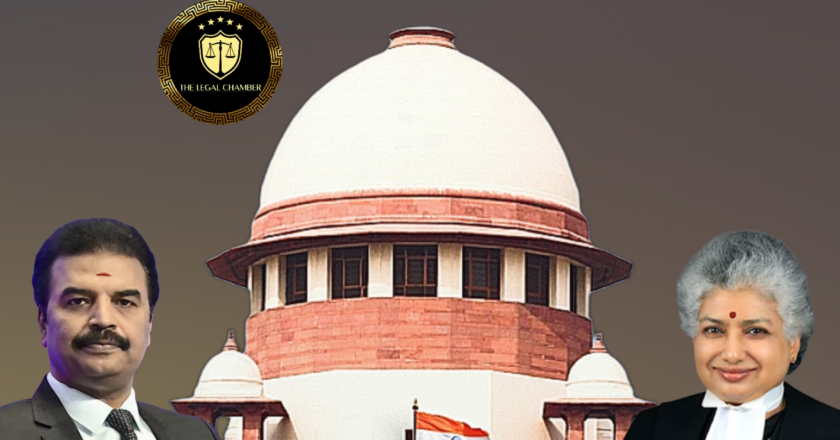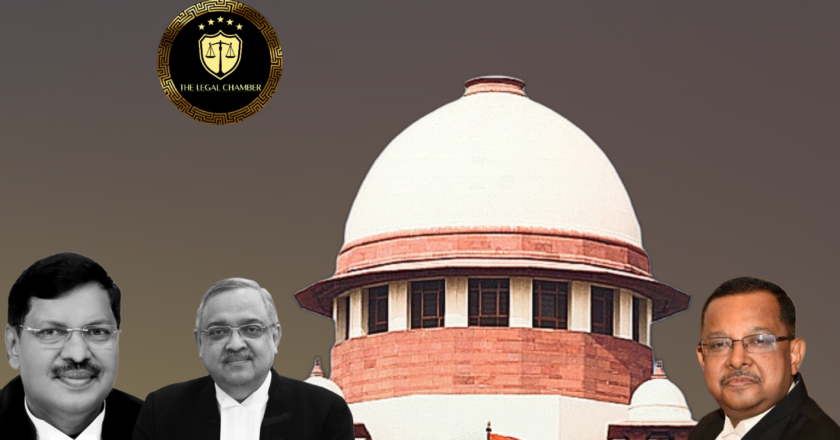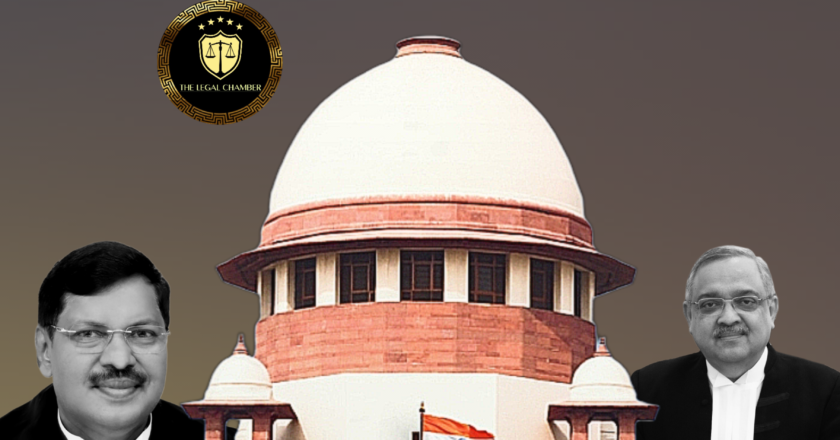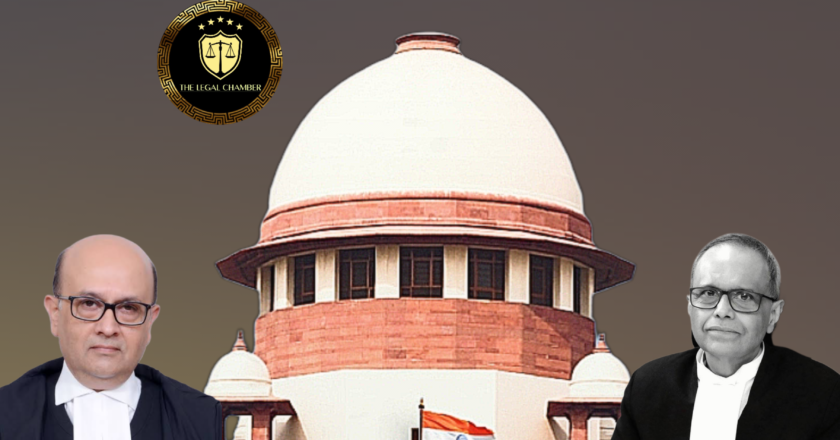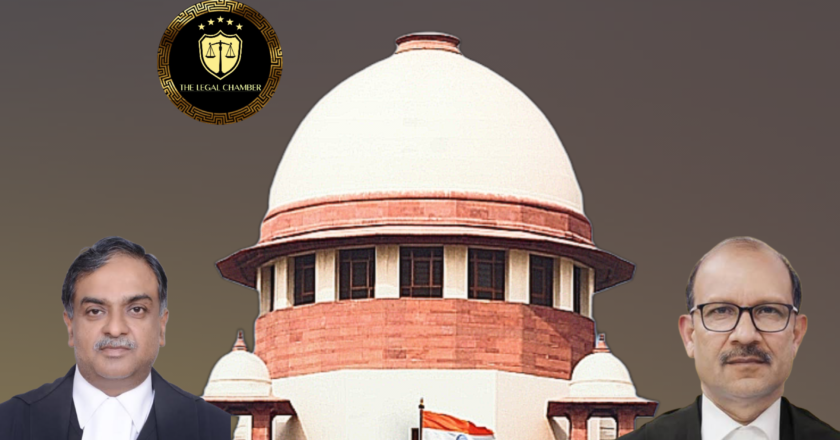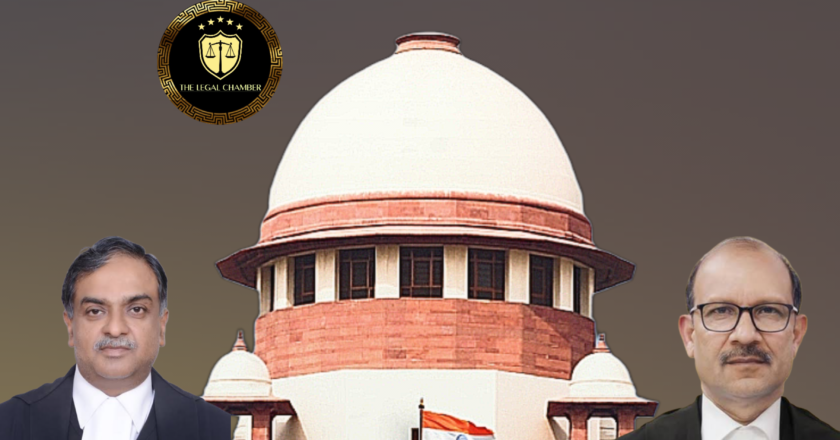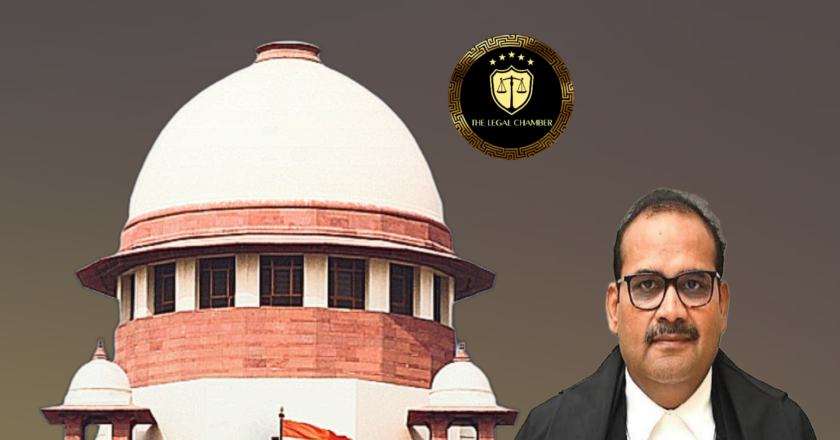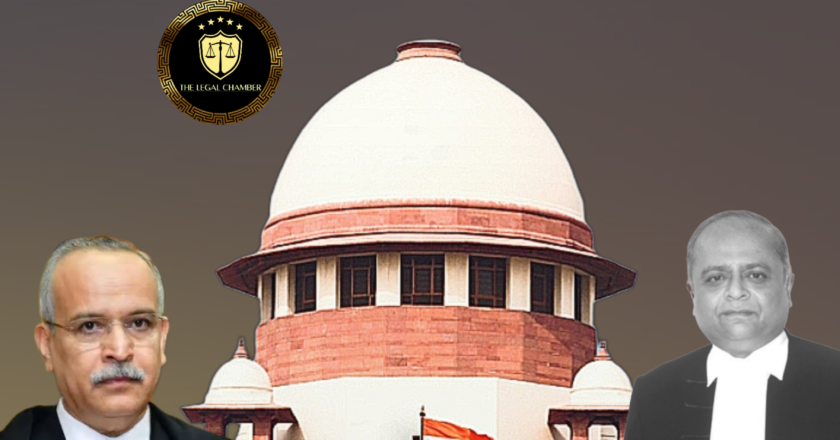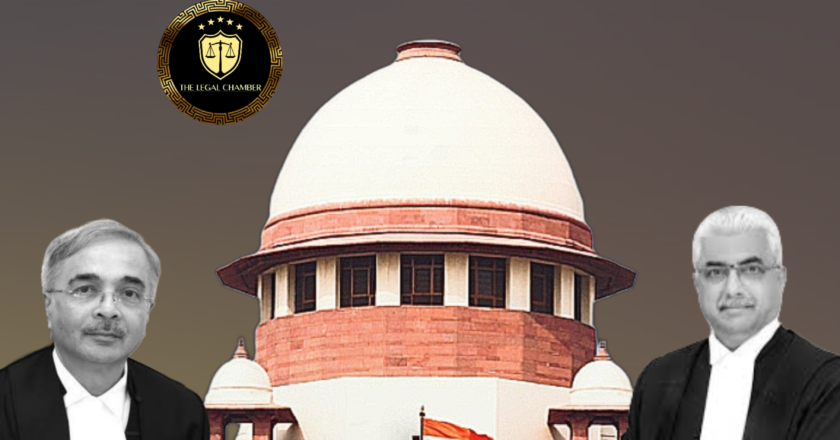Supreme Court Orders Assam to Provincialise Services of Music Teachers
The Supreme Court held that the appellants' right to provincialisation had crystallised under the 2011 Act. Despite favourable findings, the High Court erred in not granting mandamus relief. The Court modified the impugned judgment, ruling that a Writ Court has inherent power under Article 226 to mould relief and grant consequential mandamus to remedy injustice, which it duly issued.
Facts Of The Case:
The case originated from a batch of appeals before the Supreme Court, filed by a large group of Music Teachers employed in various provincialised schools in Assam. Their grievance stemmed from the State of Assam's failure to formally provincialise their services under the Assam Venture Educational Institutions (Provincialisation of Services) Act, 2011. The appellants' eligibility had been ...
